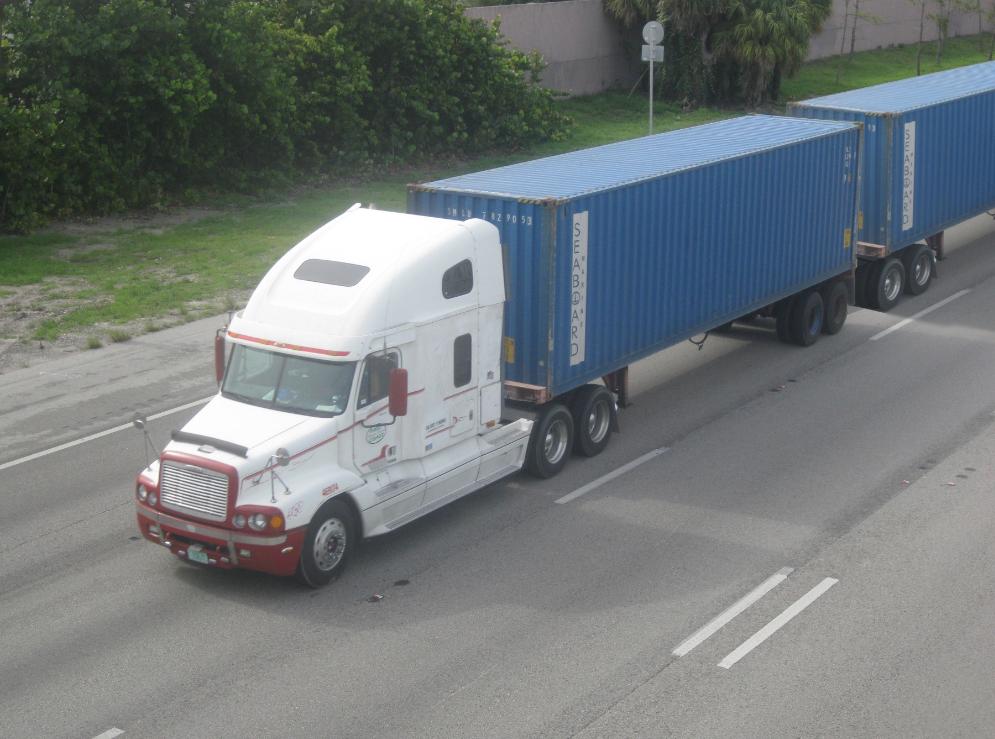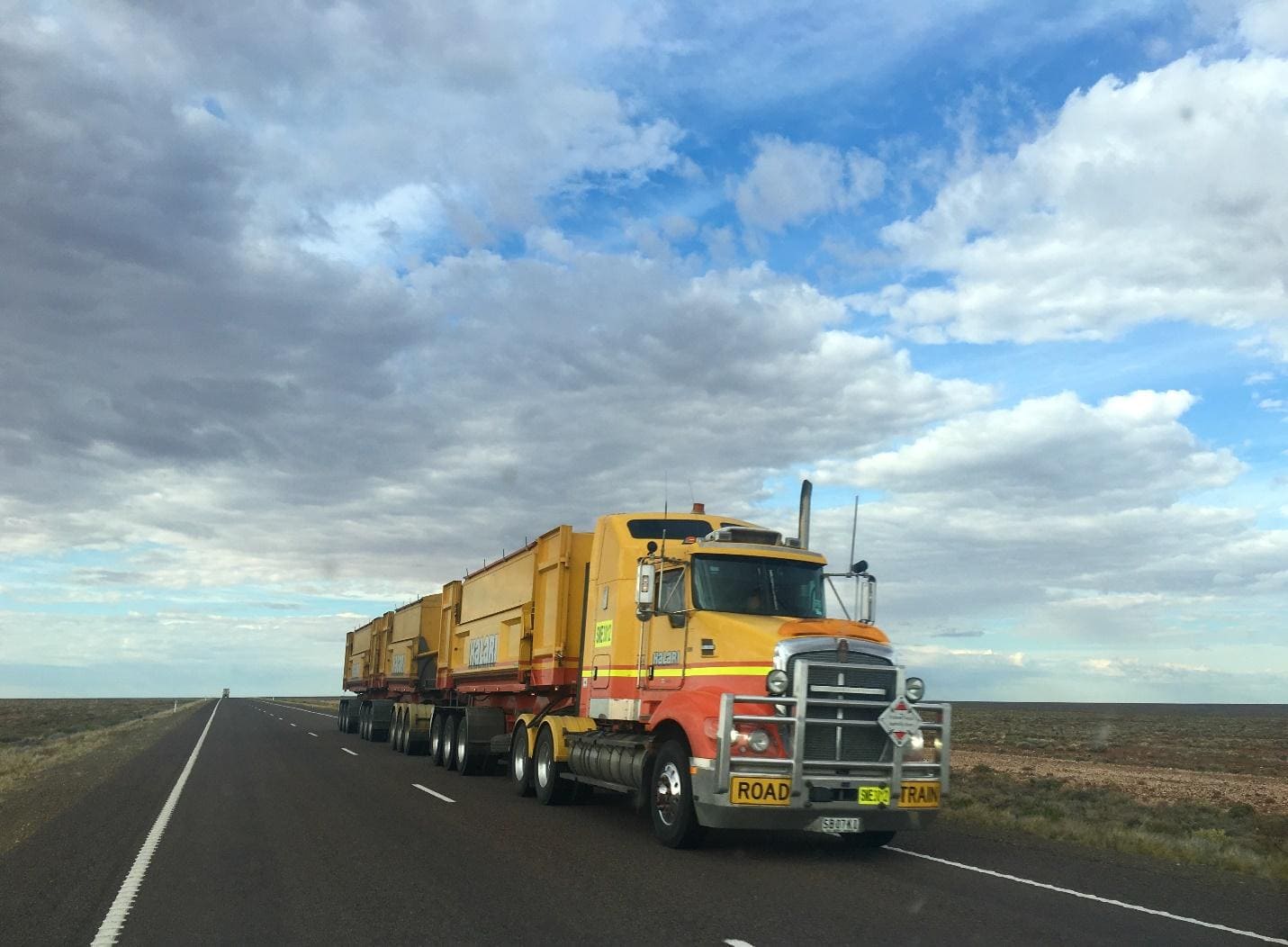When you’re dealing with the physical injuries and financial challenges of a car accident, it can be hard to realize that you’re also dealing with emotional and mental distress. However, if you don’t address these issues as they arise, they may become serious problems over time. If this happens to you after a semi-truck accident in Nevada, here’s how to cope:
You may be experiencing emotional and mental distress after a semi-truck accident in Nevada. In this article, we’ll explore different types of emotional and mental distress and how they can affect you.
Different Types of Emotional and Mental Distress
Many people are not aware that they’re experiencing emotional or mental distress until it becomes severe enough to interfere with their daily life. Some common signs include:
- Feelings of sadness or depression
- Irritability or anger issues (e.g., yelling at others)
- Difficulty sleeping or concentrating on tasks
To help you handle these issues, we’ve created this guide to coping with mental and emotional distress after a semi-truck accident in Nevada.
We hope it will be helpful as you try to deal with the stress of your injury and other problems that come with being involved in this type of accident. But if you find yourself struggling even more than usual, talk to your doctor or therapist about other coping strategies. Don’t try to do it alone–you don’t want to make things worse!
Symptoms of Emotional and Mental Distress
After a semi-truck accident, many people experience emotional and mental distress. Depression, anxiety, fear and guilt are common reactions to this type of traumatic event. You might also experience shame or numbness after being involved in a semi-truck accident.
Your symptoms may include anger at the driver of the truck who hit you; isolation from friends and family members because they don’t understand your feelings; loss of interest in hobbies and activities that used to bring you joy; difficulty sleeping or sleeping too much (insomnia).
Some common signs of emotional distress following a semi-truck accident include:
- Depression. Feelings of sadness and hopelessness, as well as difficulty concentrating on daily tasks or making decisions.
- Anxiety. Feelings of fearfulness, nervousness or restlessness that interfere with daily life and/or lead to panic attacks.
- Anger issues may arise after being involved in an accident caused by someone else’s negligence; these can range from mild irritation to rage outbursts where you lash out at others without warning (or even realizing it). It’s important not to let your anger control you–it’s normal for this emotion to be present after such an event but if it gets out of hand then seek help right away!
Depression After an Accident
Depression is a common reaction to the trauma of an accident. In fact, one study found that 70 percent of people experience depression after being involved in a car crash. Depression can cause feelings of sadness, hopelessness and despair as well as changes in sleeping patterns (sleeping too much or too little), eating habits (eating too much or too little) and loss of energy.
How to Manage Anxiety and Depression After a Car Accident
One of the best ways to manage anxiety and depression is by talking to someone about your feelings. If you are in an accident, it’s important that you talk with a counselor or therapist who can help you through this difficult time. A licensed mental health professional will be able to provide support and guidance as well as recommend treatment options if needed.
If you’re feeling anxious or depressed after being involved in a car accident, try some of these coping strategies:
- Talk with a friend or family member about how they are doing following their accident; this can often help put things into perspective for those who may be feeling stressed out about the incident itself
- Meditate on positive thoughts like “I’m okay” or “This too shall pass” every morning when waking up until bedtime each night (or whenever else feels comfortable). This practice will help keep negative thoughts from taking over during times when things seem overwhelming.
Conclusion
If you are suffering from depression or anxiety following an accident, it’s important to seek help. You don’t have to go through this alone! There are many resources available that can help you get through this difficult time in your life and return to feeling like yourself again. You can also press charges if you feel the emotional and mental distress are affecting you.
The Bourassa Law Group is here to manage your Nevada cases. Don’t wait and seek legal help today! Call us at (800)870-8910 and get a free legal consultation to discuss your case.





